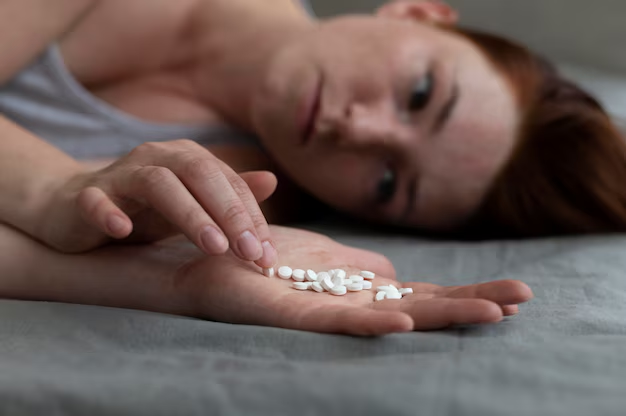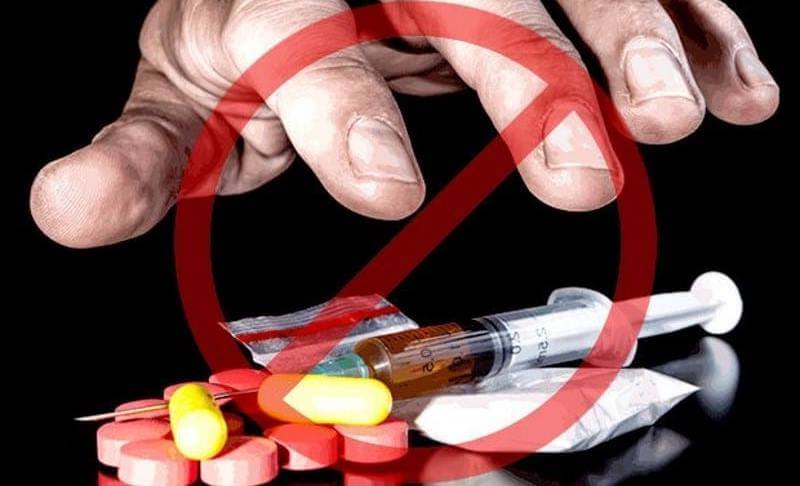Opioid Addiction
Introduction
Opioid addiction is a serious condition affecting millions of people worldwide. Opioid drugs, including synthetic drugs like fentanyl and natural opiates like heroin, possess strong pain-relieving properties but also carry a high risk of addiction and side effects. Treating opioid addiction requires a comprehensive approach and professional medical assistance.

What Are Opioid Drugs
Types of Opioid Drugs
Opioid drugs are categorized into several main groups:
- Natural Opiates: Morphine, codeine, extracted from the opium poppy.
- Semi-synthetic Opioids: Oxycodone, hydrocodone, derived from natural opiates.
- Synthetic Opioids: Fentanyl, methadone, created in laboratories.
Mechanism of Action
Opioid drugs bind to opioid receptors in the brain, blocking pain signals and producing a feeling of euphoria. This sensation often leads to abuse and the development of addiction.
Effects and Side Effects

Positive Effects
- Pain Relief: The primary medical use of opioid drugs is to alleviate severe pain.
- Euphoria: These drugs can cause a feeling of well-being and relaxation, which also contributes to their abuse.
Negative Effects
- Mental and Physical Dependence: Prolonged use develops tolerance, requiring higher doses to achieve the same effect.
- Side Effects: Nausea, constipation, drowsiness, respiratory depression.
- Overdose: High doses can lead to respiratory depression and death.
Addiction Treatment

Medication Therapy
- Methadone: A long-acting opioid that helps reduce withdrawal symptoms and drug cravings.
- Buprenorphine: A partial opioid receptor agonist that reduces the desire to use drugs.
- Naltrexone: An opioid receptor blocker that prevents the euphoric effects of drugs.
Psychotherapy
- Cognitive-Behavioral Therapy (CBT): Helps change behaviors and thoughts related to drug use.
- Support Groups: Programs like “12 Steps” and other peer support groups provide emotional support and motivation.
Rehabilitation
Rehabilitation centers offer comprehensive treatment, including medical detoxification, psychotherapy, and social support. Long-term rehabilitation increases the chances of full recovery and prevents relapse.
Conclusion

Opioid addiction is a serious problem requiring a comprehensive and professional approach to treatment. Effective treatment includes not only medication therapy but also psychological support and rehabilitation. Seeking timely help can save lives and restore normalcy.
Comments